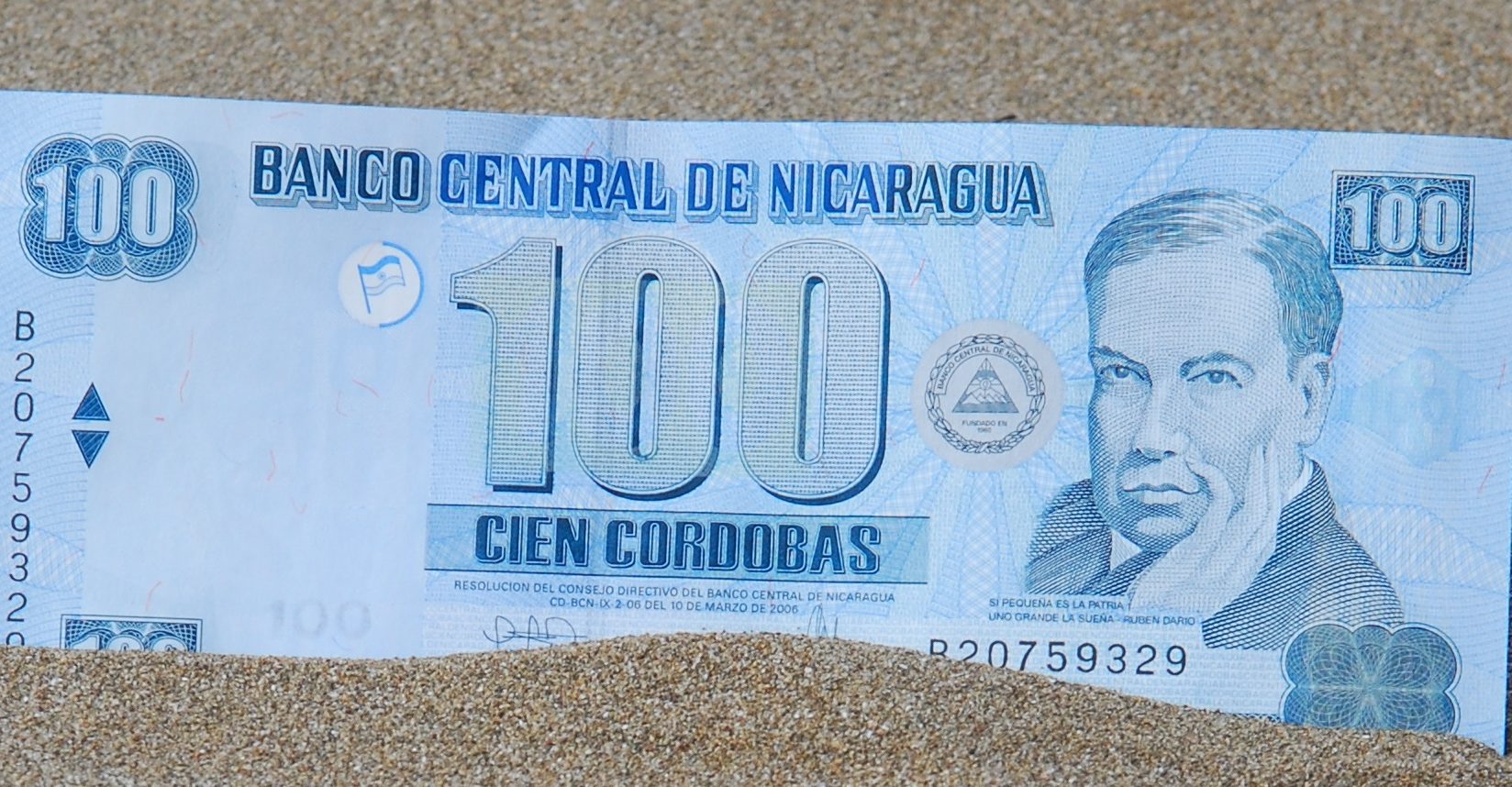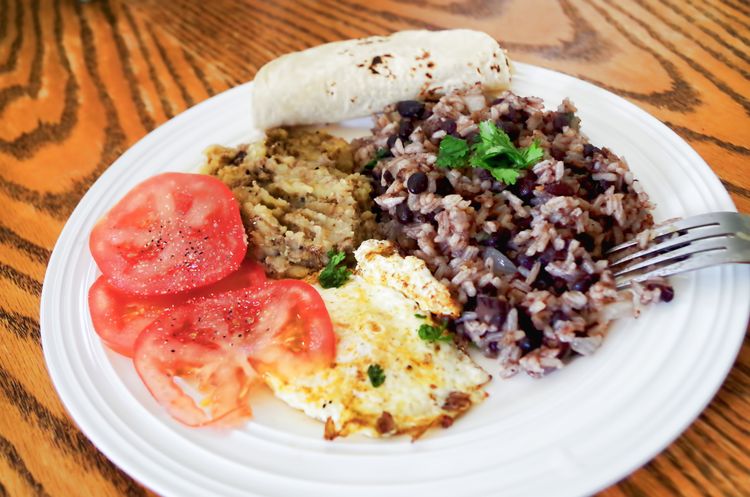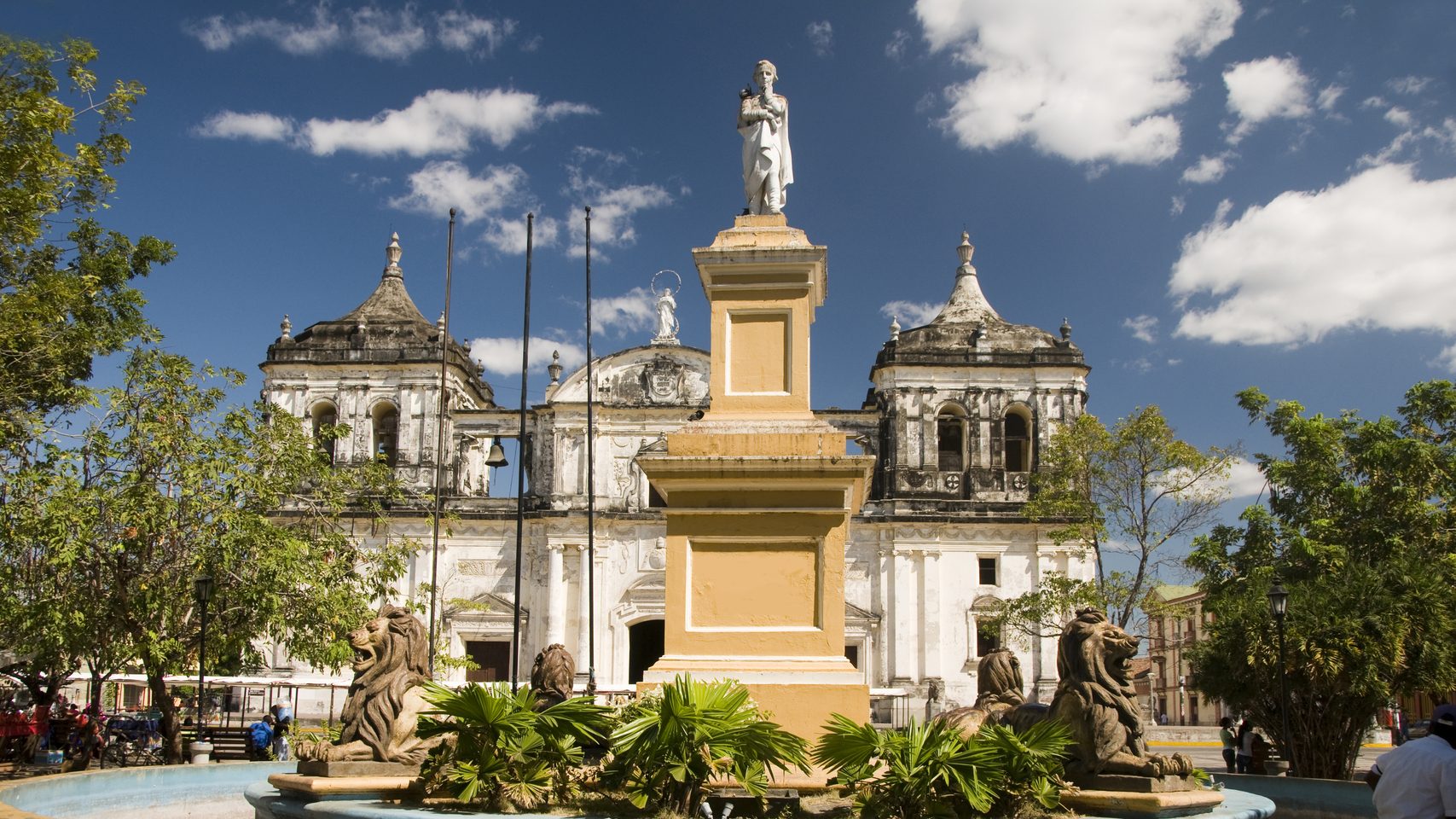-
2026/04/06
Miami(MIA) -
2026/04/13
Managua
(Updated: June, 15, 2025 09:09)
Nicaragua Travel Tips and Information
Official Name
Republic of Nicaragua
Capital
Managua
Population
Country Code
6.17 million
NI
Country Code (international calls)
+505
The flight time to Nicaragua is approximately 3~6 hours. Check the climate, currency, religion, manners, other information of Nicaragua below. Wishing you pleasant travels to Nicaragua.
Located in the heart of Central America, Nicaragua is the largest country in the region. It is bordered by the Caribbean Sea to the east, the Pacific Ocean to the west, Costa Rica to the south, and Honduras to the north. Within Nicaragua itself, you can experience a variety of natural landscapes, including lakes, rivers, subtropical rainforests, and volcanoes.
Compare Airfares for Flights to Nicaragua
Compare Airfares for Flights to Nicaragua
Local Climate / Weather
Nicaragua has a tropical climate with distinct wet and dry seasons. The wet season typically runs from May to October, characterized by heavy rains, especially in the afternoons. The dry season lasts from November to April, bringing warmer and drier conditions. Coastal regions, especially those along the Pacific, tend to be hotter and more humid, while the northern highlands offer cooler temperatures, making it a popular destination for those seeking a more temperate climate. Seasonal Travel Advice: Dry Season (November to April): This is the best time to visit Nicaragua for outdoor activities like hiking, exploring volcanoes, and enjoying the beaches. The weather is warm and dry, ideal for sightseeing and beach vacations. However, it can get quite hot, especially in lowland areas, so staying hydrated and wearing sun protection is essential. Wet Season (May to October): While the wet season offers lush, green landscapes, the heavy rains can make travel more challenging, especially in rural areas. The rains typically occur in the afternoon, but they can still disrupt outdoor plans. The wet season is also considered the off-peak travel period, so you may enjoy fewer tourists and lower accommodation prices. For those interested in nature, this is the season to see the rainforest in full bloom. Major Events and Festivals: La Purísima (December 7-8): A major religious and cultural event, La Purísima celebrates the Feast of the Immaculate Conception. The celebrations involve vibrant processions, music, and fireworks, especially in Managua and León. Carnaval de Masaya (March): Held in the city of Masaya, this colorful carnival features parades, traditional dancing, and lively music, showcasing Nicaragua's rich cultural heritage. International Poetry Festival (February): Hosted in Granada, this festival brings together poets from around the world, promoting Nicaragua’s literary traditions. It’s a cultural highlight for those interested in literature and poetry. Semana Santa (Holy Week) (March or April): Semana Santa is one of the most important religious events in Nicaragua, marked by processions, church services, and celebrations, particularly in cities like León and Granada.
Currency & Tipping
Currency
The official currency of Nicaragua is the Nicaraguan córdoba (NIO), with denominations including 1, 5, 10, 20, 50, 100, and 500 córdoba bills, as well as 5, 10, 25, and 50 centavos coins. The United States dollar (USD) is also widely accepted and used for most transactions in tourist areas. Currency exchange is available at banks, exchange offices, and airports, with favorable rates typically found in major cities like Managua or León. It's advisable to exchange currency before heading to remote areas where access to exchange services may be limited.
Tipping
Tipping is customary in Nicaragua, with a standard tip of 10% in restaurants if service charge is not included. For other services, such as hotel staff or taxi drivers, rounding up the fare or leaving small amounts is appreciated.
Useful Travel Information

Voltage & Electrical Outlets
Nicaragua uses a voltage of 120V with a frequency of 60Hz. The power plugs and sockets are of type A and B, similar to those used in the United States. If your devices have different plug types, you may need a plug adapter or voltage converter.

Internet Connectivity
Wi-Fi is commonly available in hotels, restaurants, and cafes in major cities and tourist areas. However, rural and remote areas may have limited or no internet access, so it’s wise to check ahead of staying outside urban centers. Mobile data is available with local SIM cards like Claro or Movistar offering affordable plans for internet usage.
Water for Consumption (Drinking Water)
Tap water in Nicaragua is not always safe to drink, particularly outside major urban areas, so it’s recommended to drink bottled water. Most hotels and restaurants will provide filtered or bottled water for guests. Be cautious about consuming ice or raw food washed in tap water.
Culture, Religion & Social Etiquette
Culture
Nicaraguans are known for their strong family values and warmth, with close-knit family structures being central to daily life. Traditional music, dance, and festivals, such as the popular La Purísima and Carnaval de Masaya, reflect the country’s rich cultural heritage.
Religion
The majority of Nicaraguans are Roman Catholic, and religion plays a significant role in the country's traditions and holidays, with frequent religious celebrations throughout the year. Protestantism is also practiced, and respect for local religious customs is important for travelers.
Social Etiquette
Nicaraguans are generally polite and respectful, and greetings such as a handshake or a kiss on the cheek are common, especially among friends. It’s customary to address people with courtesy titles, like Señor or Señora, to show respect.
Food Culture
Nicaraguan cuisine offers a rich blend of indigenous and Spanish influences, with dishes like gallo pinto (rice and beans), nacatamales (corn dough filled with meat), and quesillo (cheese-filled tortillas) as staples. Street food is popular, and you can enjoy treats like vigorón (pork with yuca) and tortillas served with various fillings at local stalls. For an authentic experience, visit recommended local restaurants in cities like Managua or Granada, where you can savor traditional Nicaraguan dishes in a cozy, welcoming setting.
Major Tourist Attractions & UNESCO World Heritage Sites
Major Tourist Attractions
Nicaragua boasts a variety of stunning tourist destinations, including the colonial city of Granada, known for its vibrant architecture and boat tours of Isletas de Granada. Ometepe Island, formed by two volcanoes, offers hiking, wildlife watching, and relaxing by the lake. For nature lovers, Masaya Volcano National Park offers guided tours to see active lava craters and stunning landscapes. Travelers can also explore the pristine beaches of San Juan del Sur for surfing and relaxation along the Pacific coast.
UNESCO World Heritage Sites
visit to León, a UNESCO World Heritage Site, allows you to explore historical landmarks and churches, as well as the nearby Cerro Negro volcano for an adventurous volcano boarding experience.
Travel FAQs
What is the security situation in Nicaragua? What should I be cautious about?
The security situation in Nicaragua requires caution, particularly in certain areas, as protests and civil unrest have occurred in the past, so it is advisable to stay updated on local conditions.
Is English spoken in Nicaragua?
English is not widely spoken in Nicaragua. The official language is Spanish, although English may be understood in some areas on the Caribbean side.
What is the best season to visit Nicaragua?
The best season to visit Nicaragua is during the dry season from November to April. The rainy season has unstable weather and is less ideal for tourism.
Is a third dose of the vaccine required to travel to Nicaragua?
As of now, Nicaragua requires travelers to have received at least two doses of the COVID-19 vaccine for entry.
What is the most popular airport when flying to Nicaragua?
Managua International Airport, located in the capital, is the most commonly used gateway for flights into Nicaragua.




